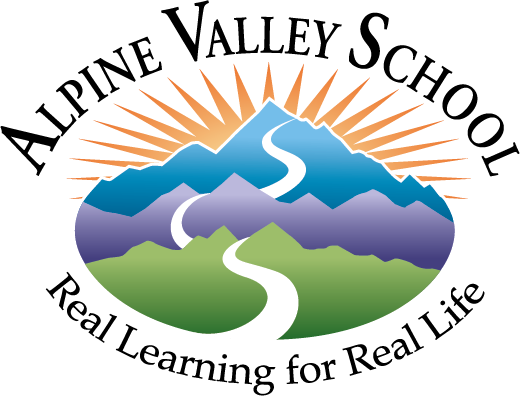Autonomy, Mastery, Purpose
Nearly eighteen years at Sudbury schools has, for me, removed any trace of doubt that this model facilitates the most powerful, transformative learning. Yet explaining why and how this is so remains a bit of a challenge. Somehow, by letting kids do whatever they want—in mixed-age communities driven by respect and responsibility, where everyone has an equal say—they grow up as incredibly mature, self-directed, self-assured, and otherwise capable young adults. But how?
I’ve found a couple different things especially helpful in reinforcing my firsthand observations of places like Alpine Valley School. First and foremost, half a century’s worth of alumni represent vibrant, living proof of this model. (I highly recommend the many videos and books documenting alumni experiences, some of which are linked from this page.) Second, a growing body of evidence independent of the Sudbury experience also supports the principles on which our schools rest. Prominent in this realm is the work of people like Peter Gray and Lenore Skenazy (Peter spoke at Alpine Valley School in 2014; we’re pleased to be hosting Lenore this coming May).
It’s in this context that, watching an RSA Animate talk by Daniel Pink, I was shocked by how well his argument meshes with what Sudbury supporters have been saying for decades.
The author of Drive: The Surprising Truth About What Motivates Us, Pink has studied findings in psychology and economics, as well as practices in the business world, and identifies three factors as particularly conducive to performance and personal satisfaction:
- autonomy, which he defines as “our desire to be self-directed, to direct our own lives”;
- mastery, or “our urge to get better at stuff”; and
- purpose, the drive to contribute to making something better.
Pink zeroes in on autonomy, mastery, and purpose about five minutes into this eleven-minute talk (illustrated by animated notes and sketches that really bring Pink’s words to life).
As I said, what struck me was how amazingly consistent his argument is with the Sudbury Model: people of all ages prefer choosing their own activities, and tend to choose things because they’re fun, because they’re challenging, and because they help make a difference. Perhaps most importantly, this is only possible when people are given sufficient respect. In Pink’s words:
The science shows that we care about mastery very, very deeply, and it shows that we want to be self-directed. I think the big takeaway here is that if we start treating people like people, and not assuming that they’re simply horses—you know, slower, smaller, better-smelling horses—if we get past this ideology of carrots and sticks and look at the science, I think we can actually build organizations and work lives that make us better off.
Conventional thinking assumes that children are more or less incapable of directing their own learning—a view that, while prevalent, flies in the face of what Daniel Pink has found. In contrast, Alpine Valley School and similar schools tell our students, “You probably want to do something interesting. Let me get outta your way.” That’s why letting young people control their time and activities in democratic, mixed-age communities leads to incredible results: because it’s consistent with how we’ve evolved as a species, and because it fosters the qualities we most need going forward.
How can we maximize learning? By respecting individuals, by letting their innate curiosity and intense drive to explore and master things do its job. As Sir Ken Robinson and James Marcus Bach have both argued, human development is incompatible with industrial, assembly-line thinking. A far more accurate and helpful metaphor comes from traditional agriculture, where success follows from supporting natural growth processes without attempting to control them.
Under these conditions, children will throw themselves fiercely and happily into the very sort of playful challenges that enhance both their lives and the world as a whole. But it all depends on our choosing and sticking with the fundamental resolve to respect them and trust their natural drives toward autonomy, mastery, and purpose.
